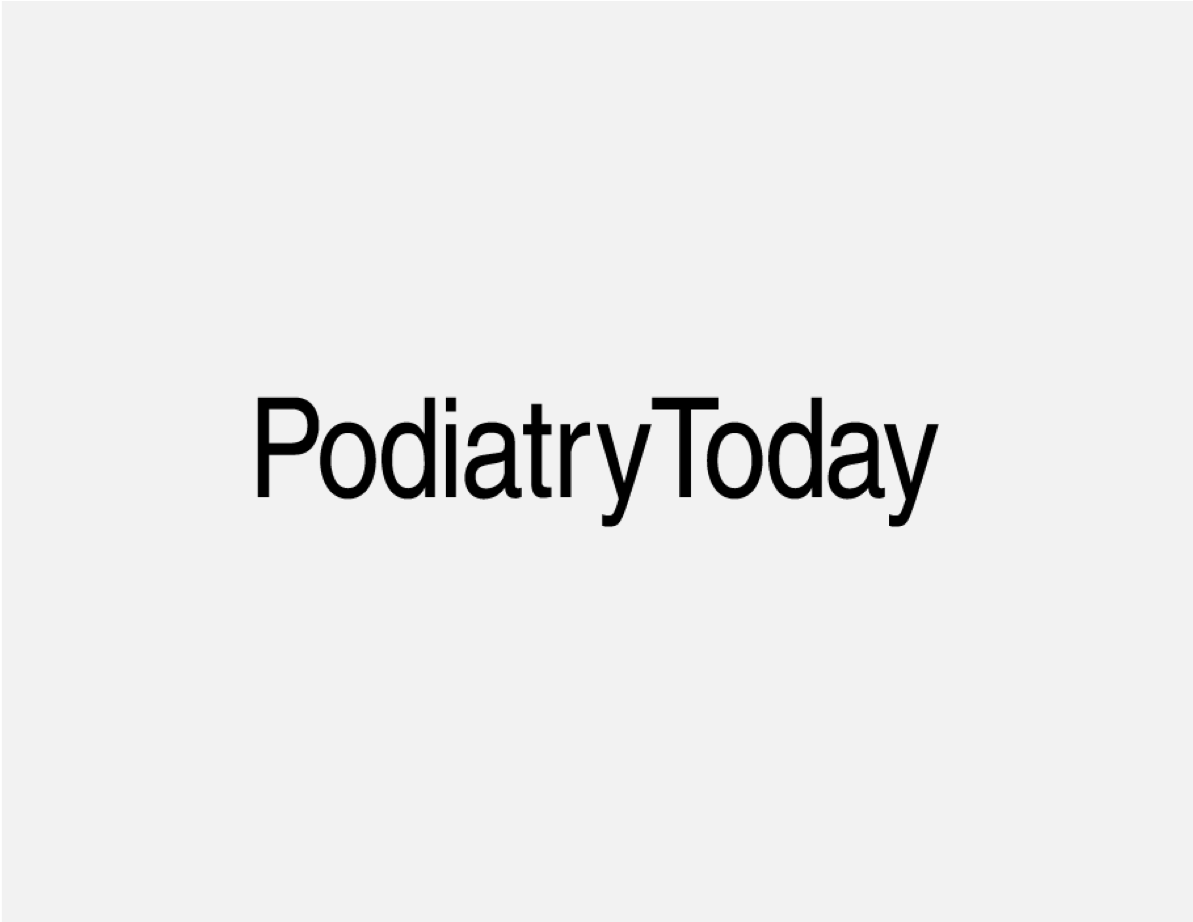This article really shows how flawed our training is. If fellowships are like this I can NOT imagine what residency training is like at a lot of these weaker programs around the country. Scary. Very scary.
You should probably retire. You're always so bitter. Did you even read the article?
This forum only concentrates on negatives.
Here is the positive remarks regarding fellowships:
-Orthopedic affiliation, complex pathology, external fixation and deformity correction,
fellow clinic and patient base
-Training within a teaching tertiary care/referral medical center with strong orthopedic
didactics, research, and surgery. The program is flexible and provides a variety of
possible areas of focus depending on interest
-High-volume total ankle replacement, reconstruction, sports medicine, and trauma
surgery
-Total ankle replacements, sports medicine, and reconstructive rearfoot surgery mentorship; time for research; resources
-Wound care, vascular surgery, limb salvage, clinic
-High patient volume, learning practice management
-Autonomy, case diversity
1. Complicated cases; 2. Fellow has their own clinic, own patients, own surgeries; 3. Able
to teach local podiatric medical students and residents
-All areas of foot and ankle reconstruction with some trauma
-Great training in limb salvage and infection management
-My fellowship director, he is an incredible teacher and mentor
-Large variety of pathology, autonomy, large patient volume
-Great exposure to a wide variety of cases that present. Strong evidence-based medicine
-Amount and variety of surgical cases
-Strong academics, strong research, strong clinical arm
-Case volume, case diversity, autonomy in the operating room. Pearls about running a
private group practice
-Complex deformity correction and limb salvage utilizing internal and external fixation,
-Charcot reconstruction, sports medicine, also high populations pediatrics, and healthy
young
-adult reconstructive foot and ankle surgery
-More elective reconstructive cases, higher volume than residency (about 30 cases
weekly), private practice perspectives on billing and coding as well as practice
management
-High surgical volume, diversity of cases, and pathology
-Surgical volume; all faculty are fellowship-trained; access to orthopedic surgeons; faculty
name recognition; industry training
-Large surgical experience with advanced reconstructive cases including larger exposure
to total ankle replacement, ankle scopes, trauma, and external fixation
-Rearfoot pathology, surgical volume, office exposure, and autonomy
-Sports medicine (conservative and operative), Level 2 trauma management and surgical
correction, elective reconstruction workup, and surgical correction, clinical patient
management, decision making, and treatment, orthotics/biomechanics
-Variety of cases and pathologies. Collective clinical experience of group
-Ethical, wide variety of pathology, huge surgical volume, attending input from training
across the country/globe, and a very academic environment at which to learn everything one should from a fellowship
-Sports medicine (clinic and surgical intervention), biomechanics/orthotics, reconstructive
surgery including joint-sparing procedures
-Autonomy and private practice experience − decision-making enhanced
-Very well-rounded experience in elective outpatient surgical procedures and office
experience. Strong biomechanics implementation in the office with practice in casting,
taping, and treating sports medicine-related injuries
-Surgical volume and diversity
-Busy department, I have my own clinic 5 days a week
-Our faculty members and the ability to work with residents
-I have an amazing fellowship director who is always available to teach his residents and
fellows. I get to learn how to critically evaluate research and journal articles. Also, as a
fellow,
-I get to attend lectures from the clinical epidemiology and biostatistics department
from the school of medicine that is affiliated with our hospital
-Continued knowledge and surgical experience with foot and ankle pathology and surgery
in the sports medicine setting. Research is another strong point
-Autonomy, self-directed
-Everything is a strength. Autonomy. High-volume reconstructive surgery, sports medicine
surgery, trauma surgery. A good high-volume clinic
-Volume of patients and exposure to very well-rounded array of surgical cases for forefoot
and rearfoot/ankle
-Autonomy, diversity of surgery
-Huge patient volume, a lot of surgical cases, and good diversity
-Independence, operating in the operating room as a primary surgeon without direct
supervision, your own wound care clinics to develop your own evidence-based
protocol
-Access to well-trained renowned surgeons
-Surgical volume and variety of pathology
-Detailed work up and surgical planning for complex deformity correction

